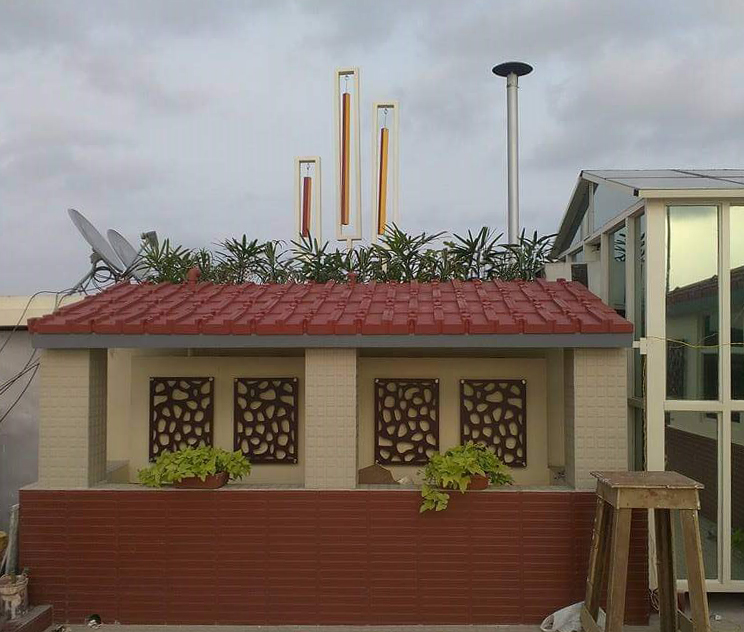- C5, C6, 4th Floor, KGN House, 14, Ganesh Chandra Avenue. Kolkata- 700 013
- Call : +91-9903633666
Turnkey Projects


Turnkey Projects
Turnkey Projects
A turnkey project is a type of project where a single contractor or vendor is responsible for the entire project, from design and engineering to construction and commissioning. The term "turnkey" refers to the fact that the project is delivered to the client ready to use, "just turn the key and start."
Turnkey projects are often used for large and complex projects, such as power plants, manufacturing facilities, and infrastructure projects. They can also be used for smaller projects, such as commercial buildings and residential developments.
Benefits of Turnkey Projects
Turnkey projects offer a number of benefits to clients, including:
- Reduced risk: The client does not have to manage the project or coordinate with multiple contractors. This can reduce the risk of delays, cost overruns, and other problems.
- Single point of contact: The client has a single point of contact for the entire project. This can make it easier to communicate and resolve any issues.
- Guaranteed price and schedule: The client typically pays a fixed price for the project and agrees to a specific schedule. This provides certainty and helps to avoid budget overruns and delays.
- Expertise: Turnkey contractors have the expertise and experience to deliver complex projects on time and within budget.
Types of Turnkey Projects
Turnkey projects can be found in a wide variety of industries, including:
- Construction: Turnkey construction projects include commercial buildings, residential developments, infrastructure projects, and industrial facilities.
- Manufacturing: Turnkey manufacturing projects include the design, construction, and commissioning of manufacturing facilities.
- Information technology: Turnkey IT projects include the design, implementation, and support of IT systems and networks.
- Energy: Turnkey energy projects include the design, construction, and commissioning of power plants, renewable energy projects, and energy efficiency projects.
How Turnkey Projects Work
The typical turnkey project process includes the following steps:
- Project definition: The client and contractor work together to define the scope of the project, including the requirements, budget, and schedule.
- Design: The contractor designs the project and obtains all necessary permits and approvals.
- Construction: The contractor constructs the project according to the design.
- Commissioning: The contractor tests and commissions the project to ensure that it meets all of the client's requirements.
- Handover: The contractor hands over the completed project to the client.
Examples of Turnkey Projects
Here are a few examples of turnkey projects:
- Power plant construction: A turnkey power plant construction project would include the design, construction, and commissioning of a complete power plant, from the generation of electricity to the transmission of electricity to the grid.
- Manufacturing facility construction: A turnkey manufacturing facility construction project would include the design, construction, and commissioning of a complete manufacturing facility, including the installation of equipment and machinery.
- Software development: A turnkey software development project would include the design, development, and testing of a complete software solution, ready to be deployed and used by the client.
Turnkey projects can be a valuable option for clients who need to deliver complex projects on time and within budget. Turnkey contractors have the expertise and experience to manage all aspects of the project, from design and engineering to construction and commissioning. This can reduce the risk and complexity of the project for the client.
